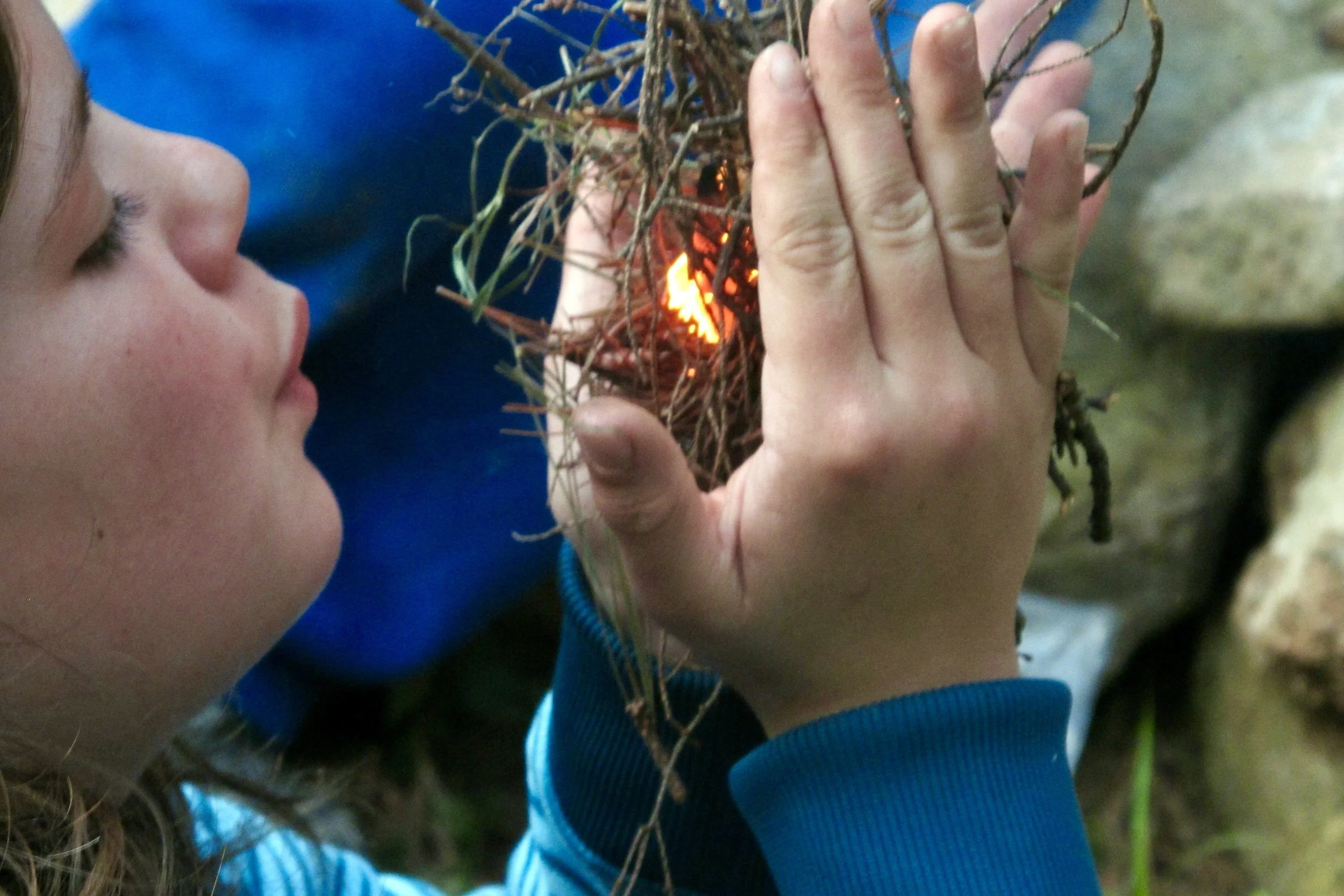PLACE, PROJECTS, and OUTDOOR EXPERIENCE:
Thoughts and Musings on Education by the Educators of Tetons West
I think the best question school designers can ask is:
If high school did not exist, what would we create to serve the purpose?
I first heard that question so long ago I can't remember where it came from, but I did not make it up. As likely as any source is the team of Eliot Washor and Dennis Littky, the elder statesmen of progressive education (although they would both cringe to read it) and the founders of Big Picture Learning.
It might have come from Roland Barth, now that I think of it. Not the French literary theorist, Roland Barthes, but rather the educator and founding director of the Principal's Center at Harvard. He wrote a great book called Learning by Heart.
Wherever it came from, the question is important because in thinking about improving schools, it gets us away from tweaks to the existing model. The history of school reform is rife with ineffectual tweaks to the existing model. It invites us into a deeper exploration and an architect's mindset, as if we could start from scratch.
It also asks us to consider the purpose of school. "...what would we create to serve the purpose?" What is the purpose of school? The answers might surprise you. At the outset of Horace Mann's standard organized curriculum of basic content, the purpose was not the full realization of every individual. In fact, it had more to do with the full realization of an industrial economy.
Today the purpose of school is almost surely different.
Today we don't like the idea that school exists to train a workforce and a consumer class. I would argue that some vestige of that idea is still evident in the structure of many schools, if not foremost in the minds of educators. But if you survey the mission statements of, say, 10 schools, you are likely to find a unanimous sentiment that the individual, not the economy, is paramount.
Teton School District 401: ... to empower our students to reach their full potential.
Teton County School District 1: ... to ensure that all students ... are challenged to reach their full potential.
Eastside College Prep: ... to opening new doors for students historically underrepresented in higher education.
Williston Northampton: ... inspire students to live with purpose, passion, and integrity.
Concord Academy: ... honoring each individual, we challenge and expand our understanding of ourselves ...
The Met Center: ... to educate and empower youth though relentless commitment to student-centered learning and personal growth ...
Eagle Rock School: ... that foster each student's unique potential and provide the environment and guidance to explore their sparks ...
Saint George's School: Inspiring scholars, athletes, and artists, to serve and to lead others.
Teton Science Schools: Inspiring curiosity, engagement, and leadership, through transformative place-based education.
Tamalpais Union High School District: ... committed to educating students to be critical thinkers...
These are not cherry picked. Literally the first 10 I thought of.
So, if the purpose of school is to educate and equip the individual with a variety of skill sets and tools so that they can reach their highest potential, how does the structure of a school's program do that? The structure of a school should produce the intended outcome.
If you were to regard an unfamiliar machine, you would be likely to deduce what it was for by looking at its structure. It is a somewhat unfortunate metaphor because I do not regard schools as machines. And yet, you can read what a school values by how it is set up and how it operates.
My assertion is that most schools today are not set up academically, socially, emotionally, or spiritually to meet the needs of the individual student. In most cases, there is a set curriculum, a set sequence, as set duration, and set demonstrations of learning. And then there are accommodations for students who struggle and chafe in that learning model. So, now we are ready again to ask the best question:
If high school did not exist, what would we create to serve the purpose?
Know your purpose. Then build the school that does that.
The Best Question
By Peter Poutiatine, January 3, 2024

